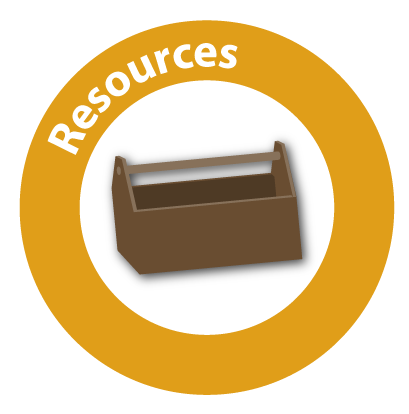|
| | Resources and Frequently Asked QuestionsFind resources to help your family or get answers to frequently asked questions. Resources
Frequently Asked QuestionsClick the questions below to see answers to frequently asked questions. ▸ I suspect that my child has a learning disability. What should I do?The first step in learning more about any concern with your child is to check in with your child’s primary care provider (PCP). Your child’s PCP can review your child’s milestones and check whether physical conditions (like vision or hearing) may be causing problems. Your child’s PCP may also recommend dyscalculia screening. Some families may request an evaluation with their child’s school. While a special education evaluation cannot diagnose dyscalculia, it can help children to access special education services. Families may also choose to seek a dyscalculia diagnosis with a qualified mental health professional or a multi-disciplinary team. The diagnosis process looks at many parts of your child’s development (see this article from Understood). Dyscalculia diagnosis is often not covered by health insurance, so it’s important to check with your provider before getting started. ▸ What is the difference between a math learning disability and math anxiety?The symptoms for dyscalculia and math anxiety overlap and are often both present in the same child. But – dyscalculia and math anxiety are actually two very different things:
This article from Understood gives a side-by-side comparison of dyscalculia and math anxiety. You can also listen to this podcast about academic anxiety to learn more about anxiety symptoms and treatments. ▸ How do I find a tutor?
A lot goes into finding the right professional to work with your child, but there are some general “buckets” you can think about to make things easier. Experience Personal Characteristics Consistency Once you’ve thought about these things, you can search the Connecting for Kids Provider Directory or schedule an Ask Us 1:1 session to get help from a Family Resource Specialist. ▸ How do I pay for tutoring?
There are several ways families typically pay for math intervention: Insurance Funding Funding Sources for Learning Loss Jon Peterson Scholarship ▸ What kinds of accommodations benefit students with dyscalculia most?
From using manipulatives and calculators to chunking math assignments, there are lots of ways to help students with dyscalculia. This article from Understood lists classroom accommodations you can discuss with your child’s teacher. |
Back to Dyscalculia Guide

